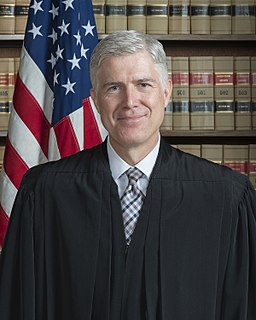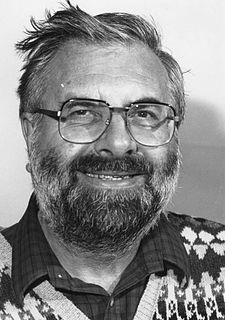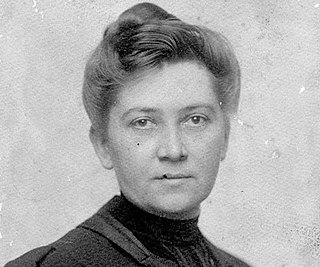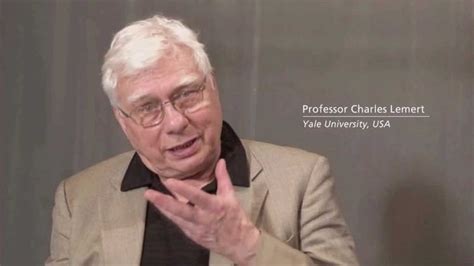A Quote by George Mason
I retired from public Business from a thorough Conviction that it was not in my Power to do any Good, and very much disgusted with Measures, which appeared to me inconsistent with common Policy and Justice.
Related Quotes
When Justice White retired, he gave me the chance to work for Justice Kennedy, as well. Justice Kennedy was incredibly welcoming and gracious, and like Justice White, he taught me so much. I am forever grateful. And if you've ever met Judge David Sentelle, you'll know just how lucky I was to land a clerkship with him right out of school.
Now it is worth noticing two things about the private substitutes that I have described. The first is that in the aggregate they are probably much more expensive than would be the implementation of the appropriate public policy. The second is that they are extremely poor replacements for the missing outcomes of good public policy. Nevertheless, it is plain that the members of a society can become so alienated from one another, so mistrustful of any form of collective action, that they prefer to go it alone.
Most Americans are close to total ignorance about the world. They are ignorant. That is an unhealthy condition in a country in which foreign policy has to be endorsed by the people if it is to be pursued. And it makes it much more difficult for any president to pursue an intelligent policy that does justice to the complexity of the world.
It has been said that true religion will make a man a more thorough gentleman than all the courts in Europe. And it is true that you may see simple laboring men as thorough gentlemen as any duke, simply because they have learned to fear God; and, fearing him, to restrain themselves, which is the very root and essence of all good breeding.
But, that’s the whole point of corporatization - to try to remove the public from making decisions over their own fate, to limit the public arena, to control opinion, to make sure that the fundamental decisions that determine how the world is going to be run - which includes production, commerce, distribution, thought, social policy, foreign policy, everything - are not in the hands of the public, but rather in the hands of highly concentrated private power. In effect, tyranny unaccountable to the public.
Some volumes against Deism fell into my hands ... they produced an effect precisely the reverse to what was intended by the writers; for the arguments of the Deists, which were cited in order to be refuted, appeared to me much more forcibly than the refutation itself; in a word, I soon became a thorough Deist.
Invitations to speak upon public occasions are among my most grievous embarrassments. Why is it inferred that one is or can be a public speaker because she has written a book? Writing is a very private business. I do not know any other occupation which requires so much privacy unless it is a life of prayer or a life of crime.
Leader and followers are both following the invisible leader - the common purpose. The best executives put this common purpose clearly before their group. While leadership depends on depth of conviction and the power coming therefrom there must also be the ability to share that conviction with others, the ability to make purpose articulate. And then that common purpose becomes the leader.
The road to social justice for the farm worker is the road of unionization. Our cause, our strike against table grapes and our international boycott are all founded upon our deep conviction that the form of collective self-help, which is unionization, holds far more hope for the farm worker than any other single approach, whether public or private. This conviction is what brings spirit, high hope and optimism to everything we do.
Complaints are everywhere heard from our most considerate and virtuous citizens, equally the friends of public and private faith, and of public and personal liberty, that our governments are too unstable, that the public good is disregarded in the conflicts of rival parties, and that measures are too often decided, not according to the rules of justice and the rights of the minor party, but by the superior force of an interested and overbearing majority.
Succinct, thorough, and masterfully researched-Thomas Medvetz has written a subtle and timely history of these fixtures of public debate in the United States. In the realms of culture studies, policy, and policy formation, there is no book quite like Think Tanks in America. Plus which, no one has understood, interpreted, then used Pierre Bourdieu's ideas better-so well that Bourdieu himself would have been pleased.












































